1. Understanding Database Connectors
Database connectors, often referred to as database drivers or database connectors, are software components that allow applications to interact with databases. They act as intermediaries, translating requests from applications into database-specific commands and vice versa. This translation is crucial because different databases may use distinct query languages and protocols.
2. The Significance of Database Connectors
Database connectors play a pivotal role in modern software development for several reasons:
- Database Agnosticism: They enable applications to work with a variety of database management systems (DBMS) without major code changes.
- Efficiency: Database connectors optimize data retrieval and update operations, enhancing application performance.
- Security: They often include security features like encryption and authentication, safeguarding sensitive data.
- Scalability: Connectors ensure applications can scale by efficiently managing database connections.
- Compatibility: They stay up-to-date with evolving database technologies and standards, ensuring seamless integration.
3. Types of Database Connectors
There are different types of database connectors tailored to specific needs:
- Relational Database Connectors: These connectors, such as JDBC for Java applications and ODBC for various platforms, facilitate interaction with relational databases like MySQL, PostgreSQL, and SQL Server.
- NoSQL Database Connectors: Designed for NoSQL databases like MongoDB and Cassandra, these connectors provide compatibility for non-relational data stores.
- Cloud Database Connectors: Tailored for cloud-based databases like Amazon RDS and Google Cloud SQL, these connectors simplify the integration of cloud services.
- Custom Connectors: In some cases, developers create custom connectors to meet specific requirements, especially when working with proprietary databases.
4. Real-World Applications
Database connectors are ubiquitous across various sectors and industries:
- E-commerce: Online shopping platforms rely on connectors to manage product catalogs, user accounts, and transaction data.
- Healthcare: Electronic health record systems use connectors to access and update patient data securely.
- Finance: Banking and financial institutions employ connectors to handle sensitive financial data and transactions.
- Manufacturing: Production and supply chain management systems depend on connectors for inventory and order processing.
- Education: Learning management systems use connectors to manage student records and course information.
5. Conclusion
Database connectors are the invisible threads that weave the fabric of modern applications. They enable applications to access, manipulate, and update data in databases efficiently and securely. As technology continues to evolve, the importance of database connectors remains undiminished, ensuring that applications can seamlessly connect to various data sources, from traditional relational databases to cutting-edge NoSQL and cloud-based solutions.

